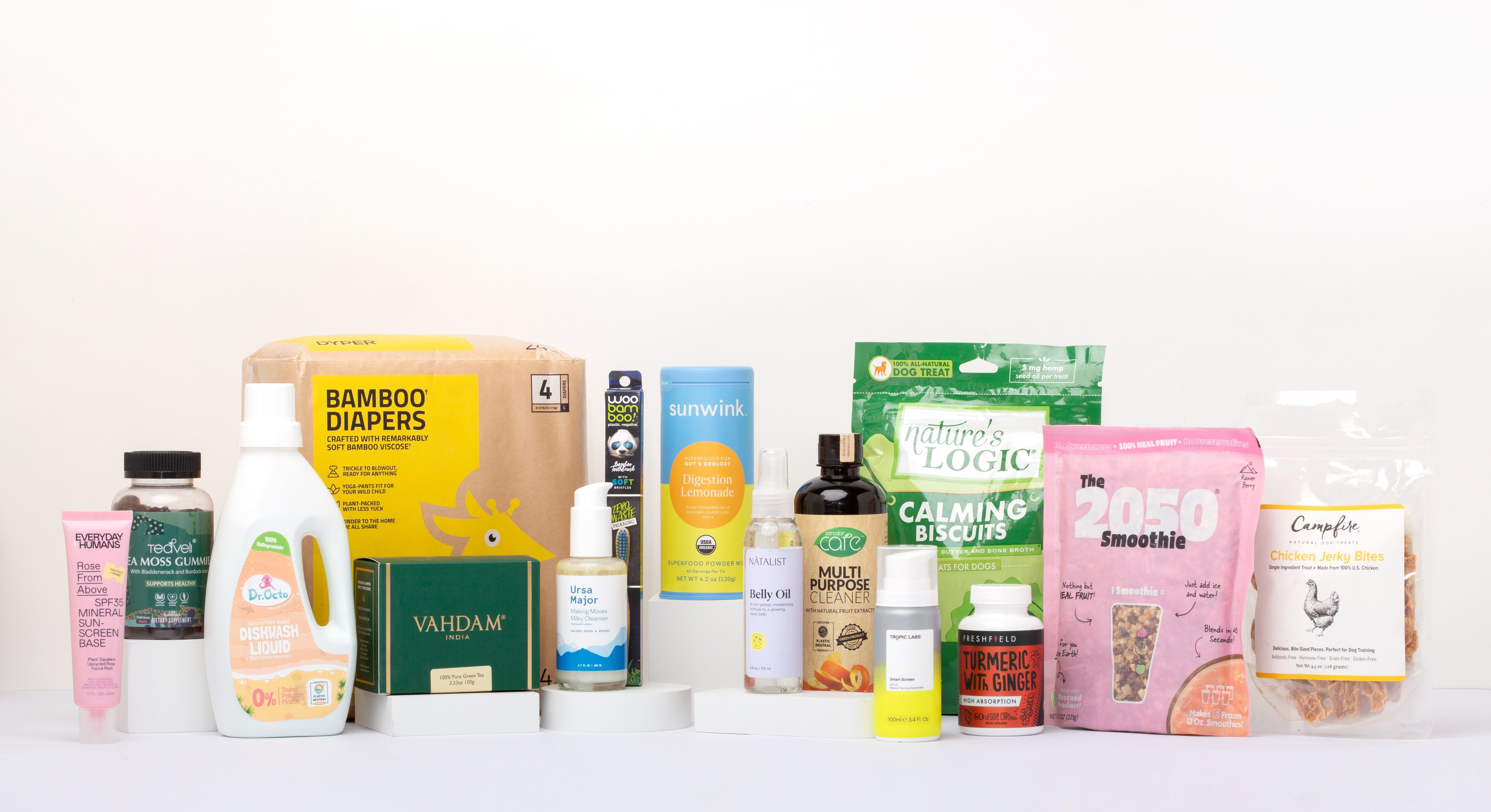EPR Foundations: What does Cost Coverage mean?
Cost Coverage ensures producers fund recycling and waste management programs under EPR laws, shifting financial responsibility from municipalities to businesses. This includes registration fees, material reporting, and program contributions, as well as incentivizing sustainable packaging design and compliance with evolving regulations.
Extended Producer Responsibility (EPR) for packaging is a policy approach that holds producers accountable for the entire lifecycle of their products, especially the end-of-life stage. In the United States, EPR aims to reduce the environmental impact of packaging waste by encouraging producers to design more sustainable packaging and to take responsibility for its disposal and recycling.
Cost Coverage Decoded in Simple Terms
Cost coverage within the concept of Extended Producer Responsibility (EPR) for packaging in the United States refers to the financial obligations producers must meet to comply with EPR laws. These costs are used to fund recycling and waste management programs, ensuring that packaging materials are properly managed at the end of their lifecycle.
For compliance managers at Consumer Product Goods companies, understanding cost coverage is crucial. It involves several key elements:
- Registration Fees: Producers must register with organizations like the Circular Action Alliance (CAA) and pay associated fees.
- Reporting Requirements: Producers are required to report the materials they supply to the market.
- Program Fees: These fees fund recycling and waste management programs and vary by state, based on factors such as material type and quantity.
- Compliance Deadlines: Adhering to specific deadlines for registration, reporting, and fee payments is essential to remain compliant with EPR laws.
This financial responsibility encourages the design of more sustainable packaging and supports the circular economy, aligning with consumer expectations for environmental stewardship.
Getting Started: EPR Compliance Resources for SMEs
The EPR compliance hub from rePurpose Global can automate in 1-click what would otherwise take you over 3 months of manual effort. It quickly compiles CAA reports, estimates fees and tax liabilities, and keeps up with emerging regulations, including Labeling laws, PCR mandates, and 90+ Packaging Regulations in North America. With Oregon's reporting deadline on March 31st, immediate action is crucial to avoid financial penalties. Reach out to us for a stress-free, reliable solution.
Get Started with Verified Plastic Recovery for your Brand
Get Started with Packaging EPR Compliance for your Brand
rePurpose Global is here to support your sustainability roadmap with impactful and measurable Plastic Action solutions that deliver immediate results. Partner with us to measure your plastic footprint, fund plastic waste recovery, and create strong sustainability messaging for your brand.
Talk to our team to explore how we can work together.
rePurpose Global's EPR compliance platform is here to support you in preparing for the upcoming regulations in multiple states in the US and comply with no errors. Partner with us to create detailed assessment reports, pre-empt fees and reduce time & cost involved in the process.
Talk to our team to explore how we can work together.

Related Posts
EPR Foundations: What is the Circular Action Alliance?
Learn how the Circular Action Alliance (CAA) supports producers in complying with Extended Producer Responsibility (EPR) laws. As a Producer Responsibility Organization, CAA helps businesses manage packaging waste, navigate state-specific regulations, and streamline reporting. Understanding its role is key for companies aiming to align with sustainability goals while meeting compliance requirements.
EPR Foundations: What are Material Specific Targets?
Material Specific Targets establish recycling and waste reduction goals for different packaging materials, such as plastics, paper, and glass. These targets guide producers in optimizing packaging design, increasing recyclability, and reducing environmental impact.
EPR Compliance in Oregon for SMBs
With Oregon’s Extended Producer Responsibility (EPR) regulations in effect, small and medium-sized businesses (SMBs) in the CPG sector must comply with packaging waste reporting requirements by March 31, 2025. This article dives into understanding producer classifications and the various reporting types available.

.png)



.png)








